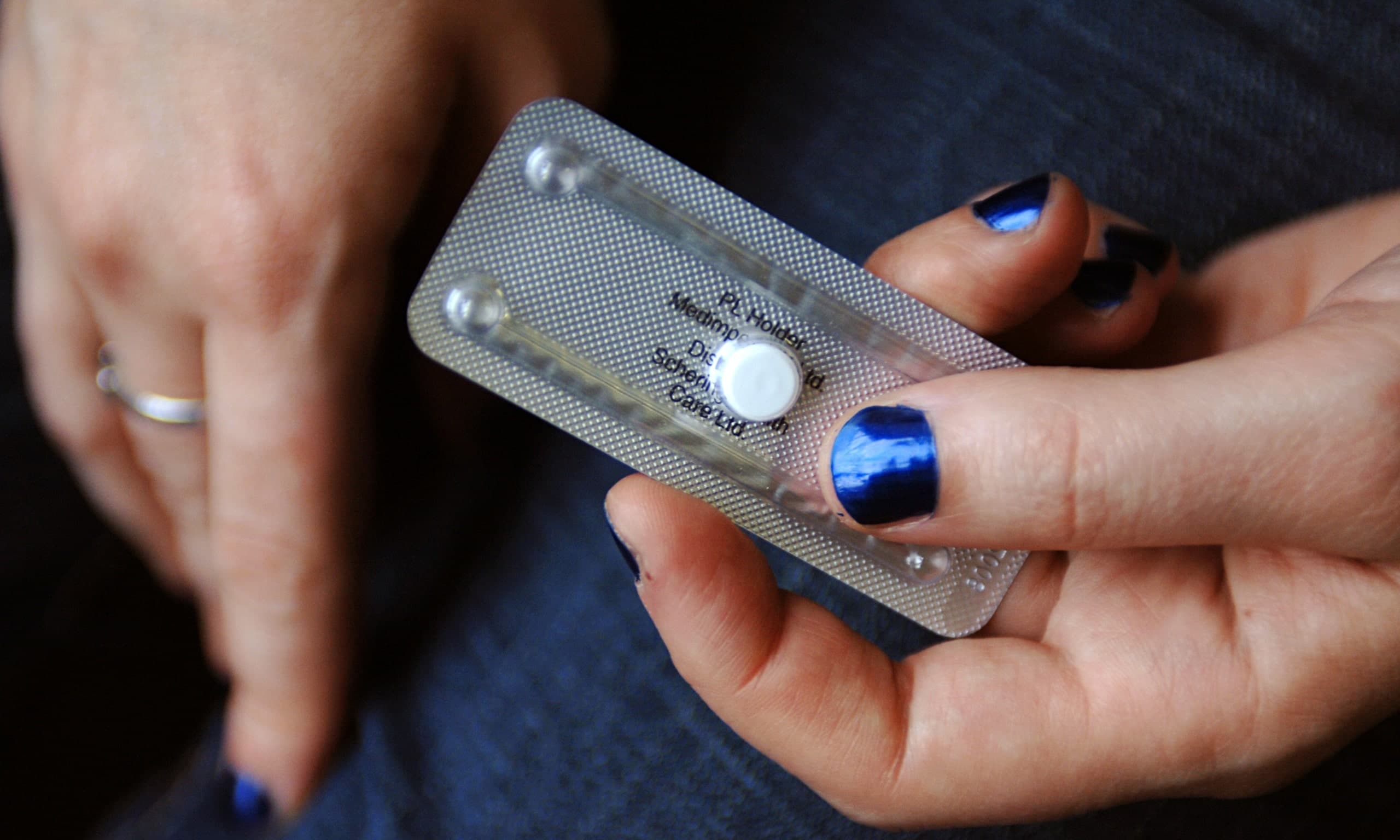We're loading the full news article for you. This includes the article content, images, author information, and related articles.
The UK's move to provide free emergency contraception at pharmacies puts a spotlight on Kenya, where the pill remains a private expense for many, raising critical questions about reproductive health equity and access.

LONDON, United Kingdom — As of Wednesday, 29 October 2025 EAT, England’s National Health Service (NHS) has made the oral emergency contraceptive pill available free of charge from nearly 10,000 pharmacies across the country. The move, described by a top health official as a “gamechanger,” eliminates the need for a doctor's appointment or a visit to a sexual health clinic for free access, removing a significant cost barrier where the pill previously sold for up to £30 (approximately KSh 5,000).
Dr. Sue Mann, the NHS National Clinical Director for Women's Health, stated the policy is “one of the biggest changes to sexual health services since the 1960s” and will make reproductive healthcare more accessible. The initiative is part of a broader NHS strategy to shift healthcare services into local communities, leveraging the accessibility of pharmacies.
The policy shift in England provides a stark contrast to the situation in Kenya, where access to the morning-after pill is dictated by a user's ability to pay. While emergency contraception is legal and widely available in private pharmacies without a prescription, it is not state-funded for free distribution through these outlets. The cost typically ranges from KSh 200 to KSh 500, a significant sum for a large portion of the population, particularly young people and those in low-income households.
This financial barrier is a critical factor in a country grappling with a high rate of unintended pregnancies. According to a 2022 report from the Guttmacher Institute, an estimated 1,450,000 unintended pregnancies occurred annually in Kenya between 2015 and 2019. The Kenya Demographic Health Survey (KDHS) data also indicated that the prevalence of unintended pregnancy rose to 41.9% in 2020. Health advocates argue that the out-of-pocket cost for emergency contraception directly contributes to these figures, which in turn can lead to higher rates of unsafe abortions and increased maternal mortality.
Kenya's Ministry of Health, through its National Reproductive Health Policy 2022-2032, commits to improving access to reproductive health services. However, the direct provision of free emergency contraception at all access points remains a complex issue, intertwined with budget limitations, logistical challenges, and persistent social and cultural debates. The Pharmacy and Poisons Board (PPB) regulates the sale of contraceptives, but access can be inconsistent, with reports of some providers being hesitant to dispense the pill to minors, despite policies calling for youth-friendly services.
While the UK and Kenyan governments have collaborated on broader family planning initiatives, such as the Delivering Equitable and Sustainable Increases in Family Planning (DESIP) program, the specific model of free, pharmacist-led access to emergency contraception in England highlights a different strategic priority. Reproductive health advocates in Kenya have long argued for the removal of cost as a barrier, suggesting subsidies or free distribution, particularly in public health facilities and for vulnerable populations. They point out that the economic cost of managing unintended pregnancies and their consequences far outweighs the investment required to make emergency contraception universally accessible.
England's new policy serves as a powerful international benchmark, intensifying the conversation in Kenya about whether contraception should be treated purely as a consumer health product or as an essential, publicly-funded tool for health, economic empowerment, and the prevention of maternal deaths.
Keep the conversation in one place—threads here stay linked to the story and in the forums.
Other hot threads
E-sports and Gaming Community in Kenya
Active 8 months ago
The Role of Technology in Modern Agriculture (AgriTech)
Active 8 months ago
Popular Recreational Activities Across Counties
Active 8 months ago
Investing in Youth Sports Development Programs
Active 8 months ago